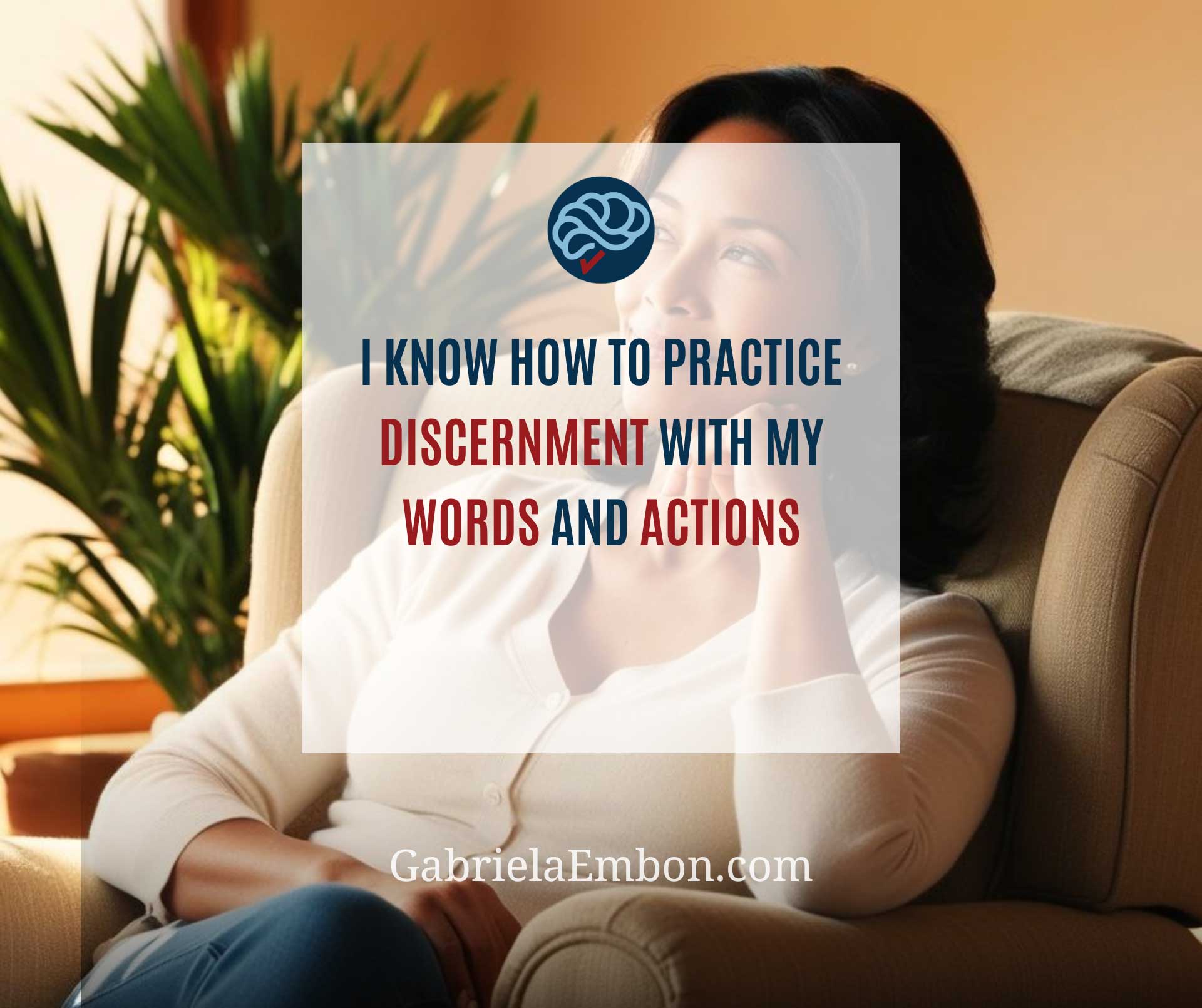This week, a client shared something I think we’ve all struggled with—knowing when to speak up and when to stay quiet. He’s visited both extremes—holding everything in and saying too much—and found that neither brought him peace.
And honestly? I get it. We’ve all had moments where we wish we had spoken up sooner and others where we wish we had just kept our mouths shut.
So what’s the answer? Discernment.
And while it’s true that discernment comes with experience, we don’t have to wait for age and time to teach us. We can start practicing it right now with two simple principles:
1. Before speaking or acting, ask yourself:
👉 If I had no fear, guilt, shame, or anger, what would I do?
When we remove reactivity, we can see the situation for what it is, rather than through the lens of past wounds or emotional charge. A decision made from inner peace will always be better than one made from emotional turbulence.
2. Deliver with Kindness and Generosity
Once you know what needs to be said or done, choose to express it in a way that uplifts rather than wounds.
💡 Am I adding value with my words?
💡 Will this bring clarity, understanding, or connection?
Because discernment isn’t just about deciding whether to speak—it’s about how you say it. The same truth can either cut someone down or lift them up, depending on how it’s delivered.
So, the next time you find yourself wondering, Should I say something? Should I stay quiet? – ask yourself:
Am I reacting, or responding with wisdom? And if I do speak, can I say it in a way that adds value?
That’s discernment. And like anything, the more we practice it, the better we get.


